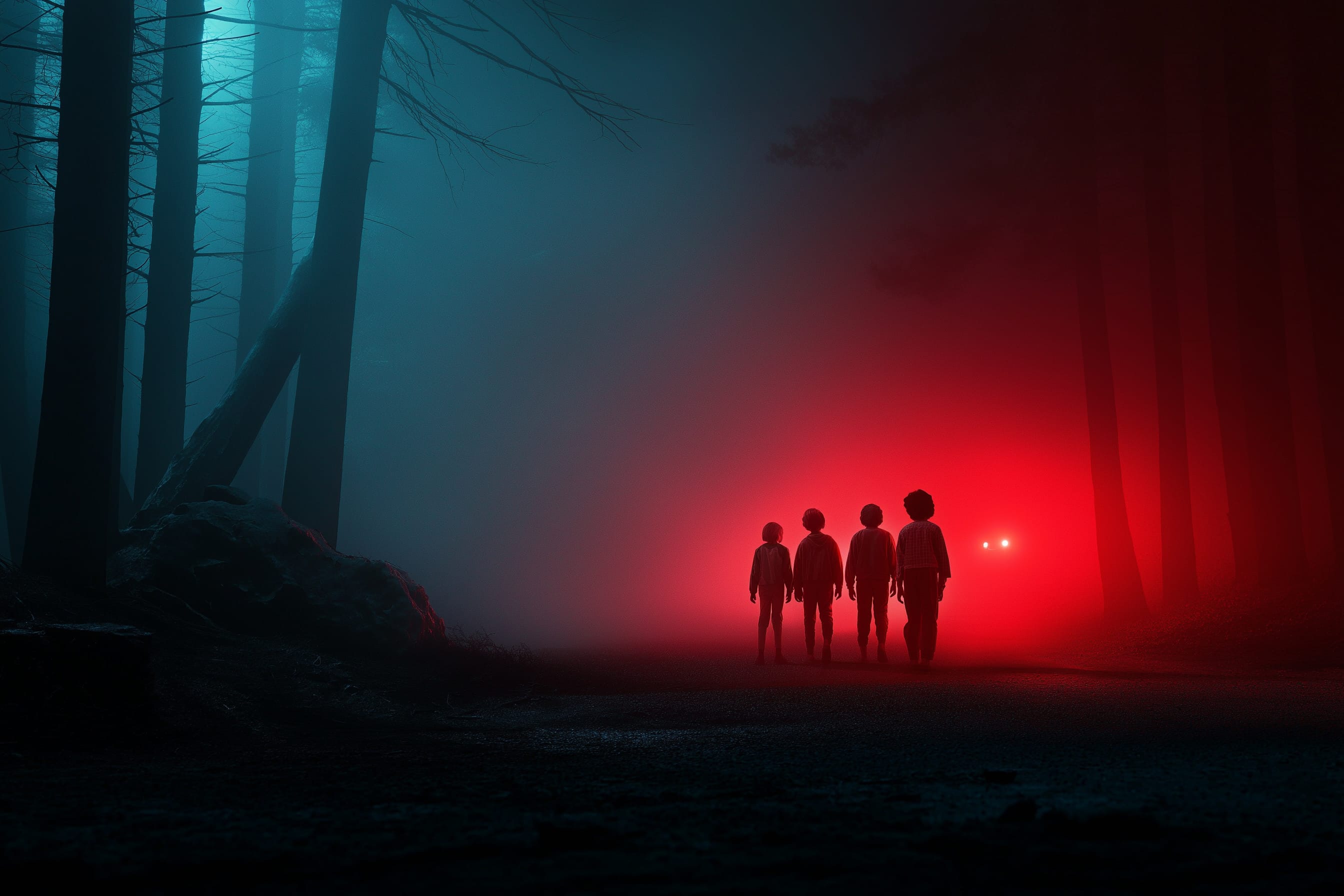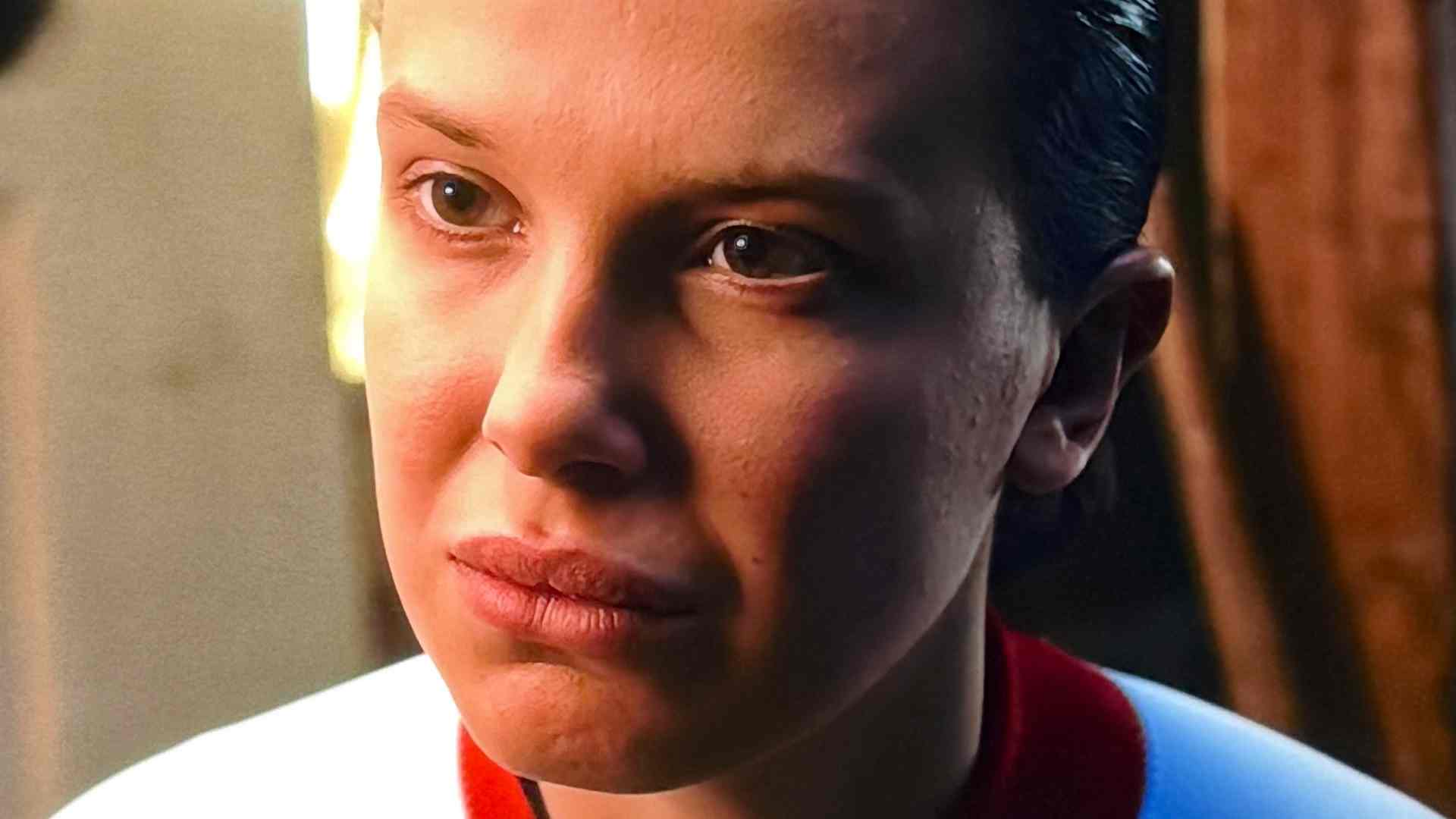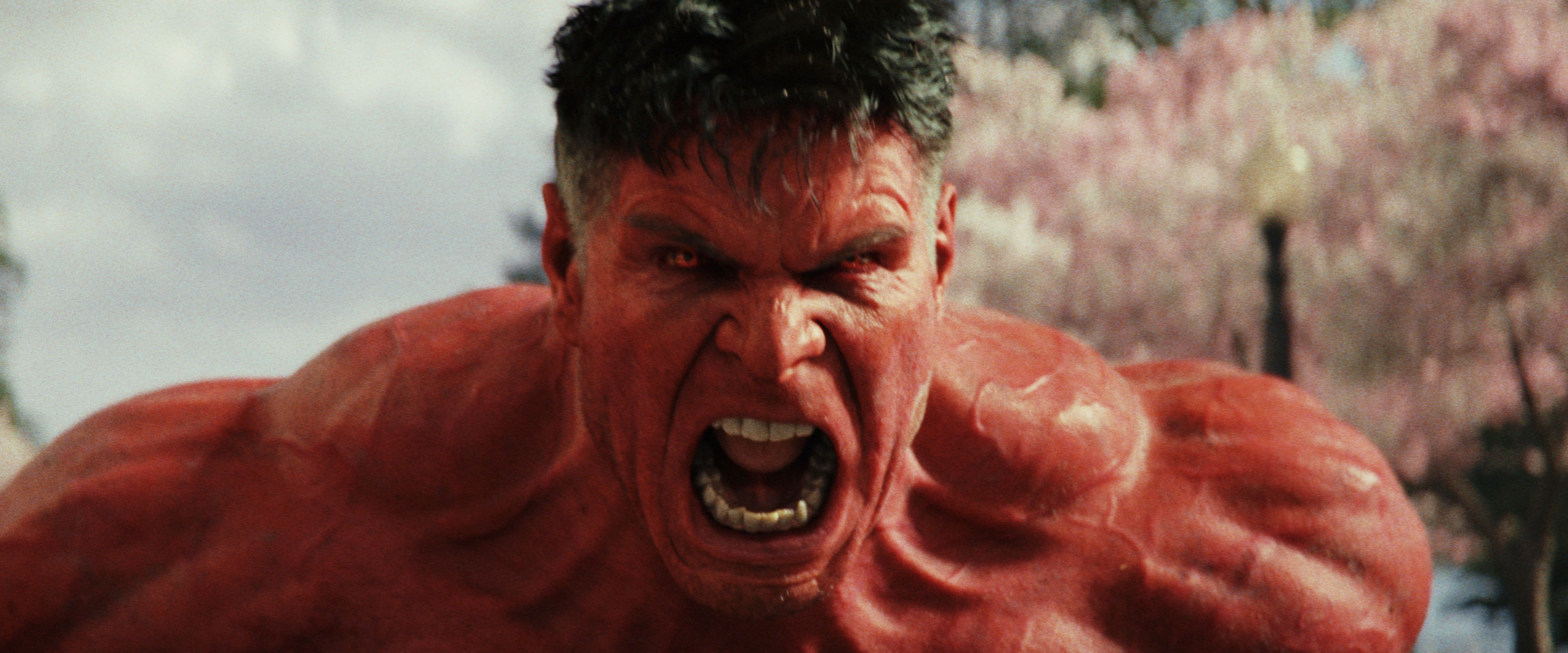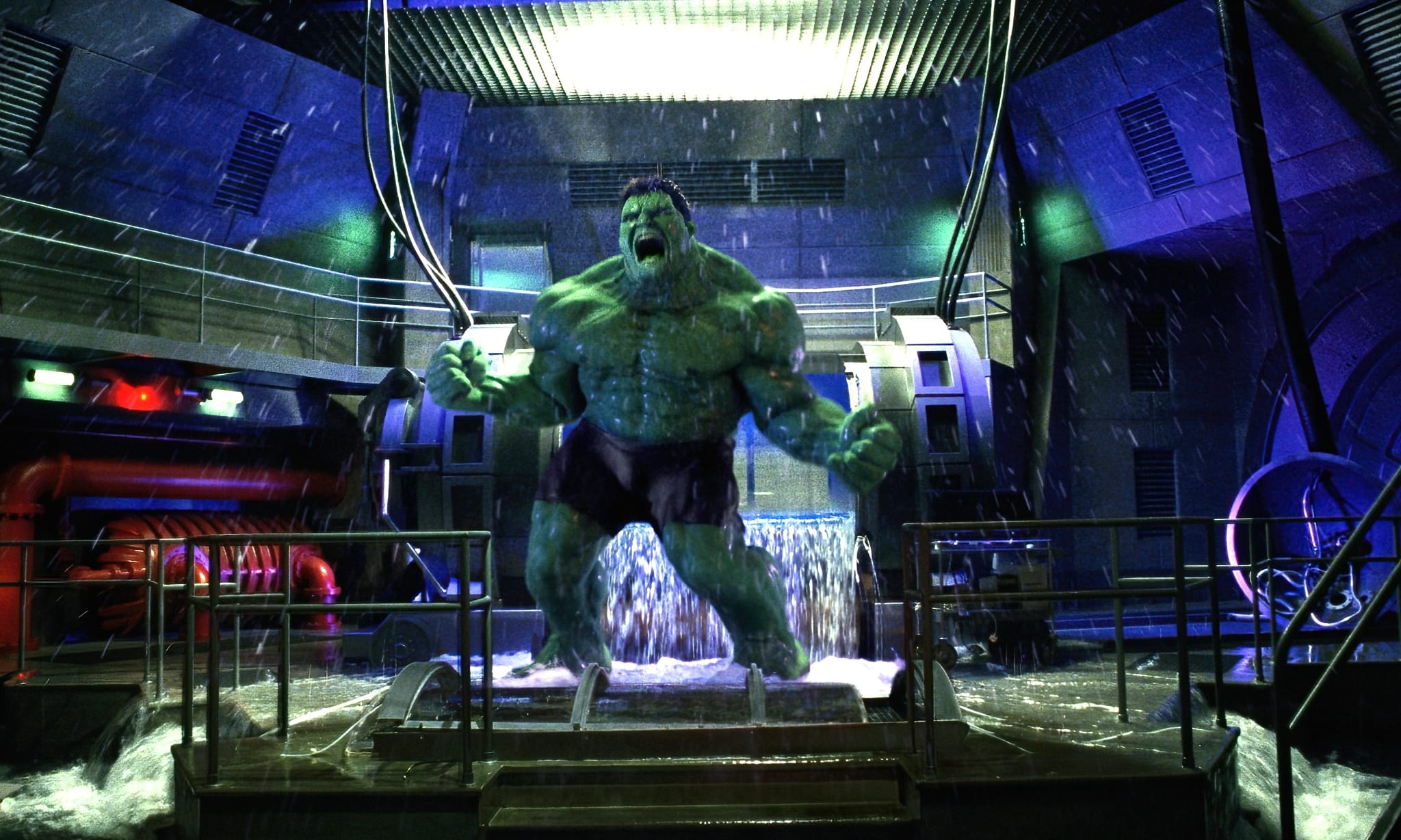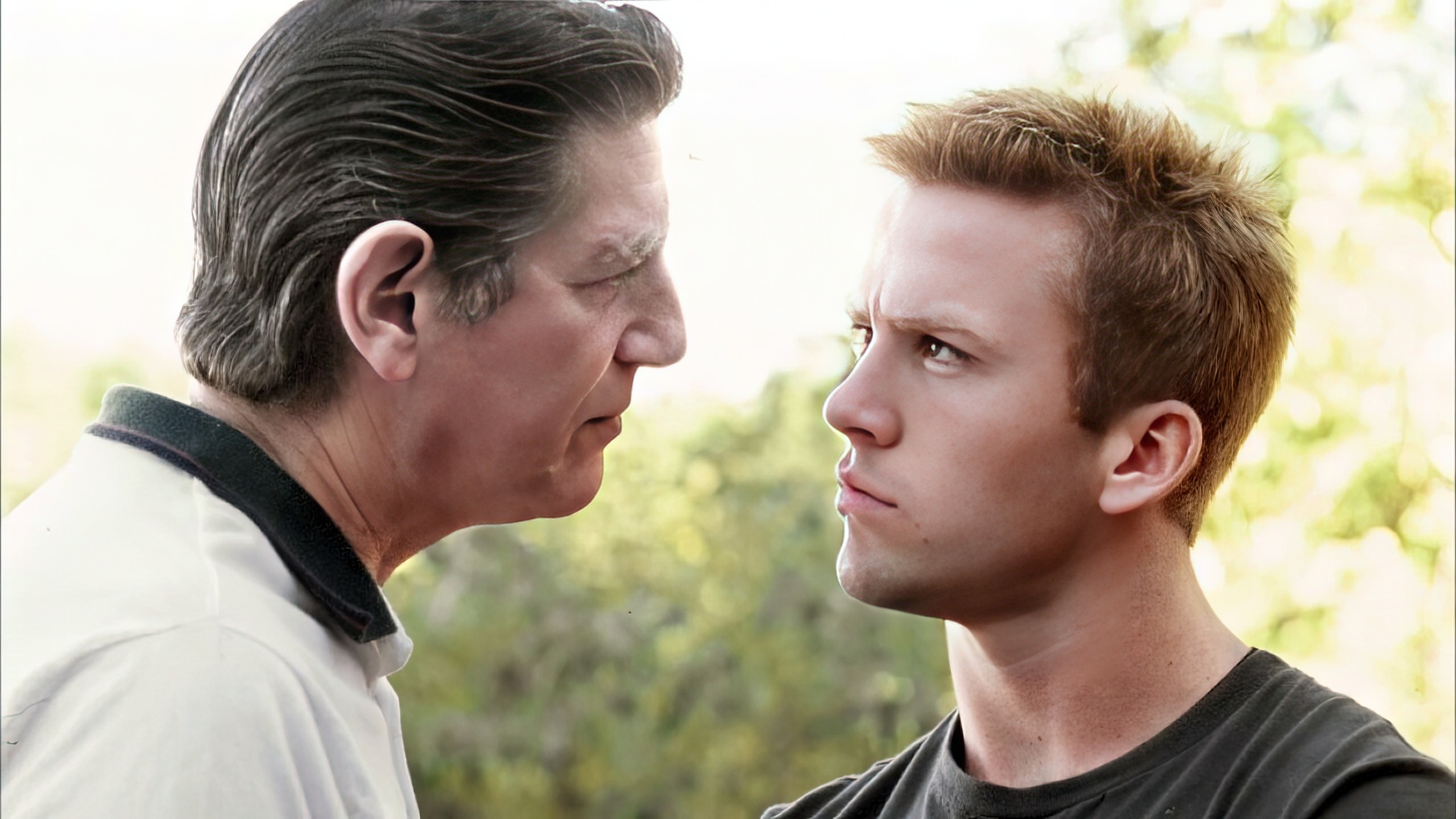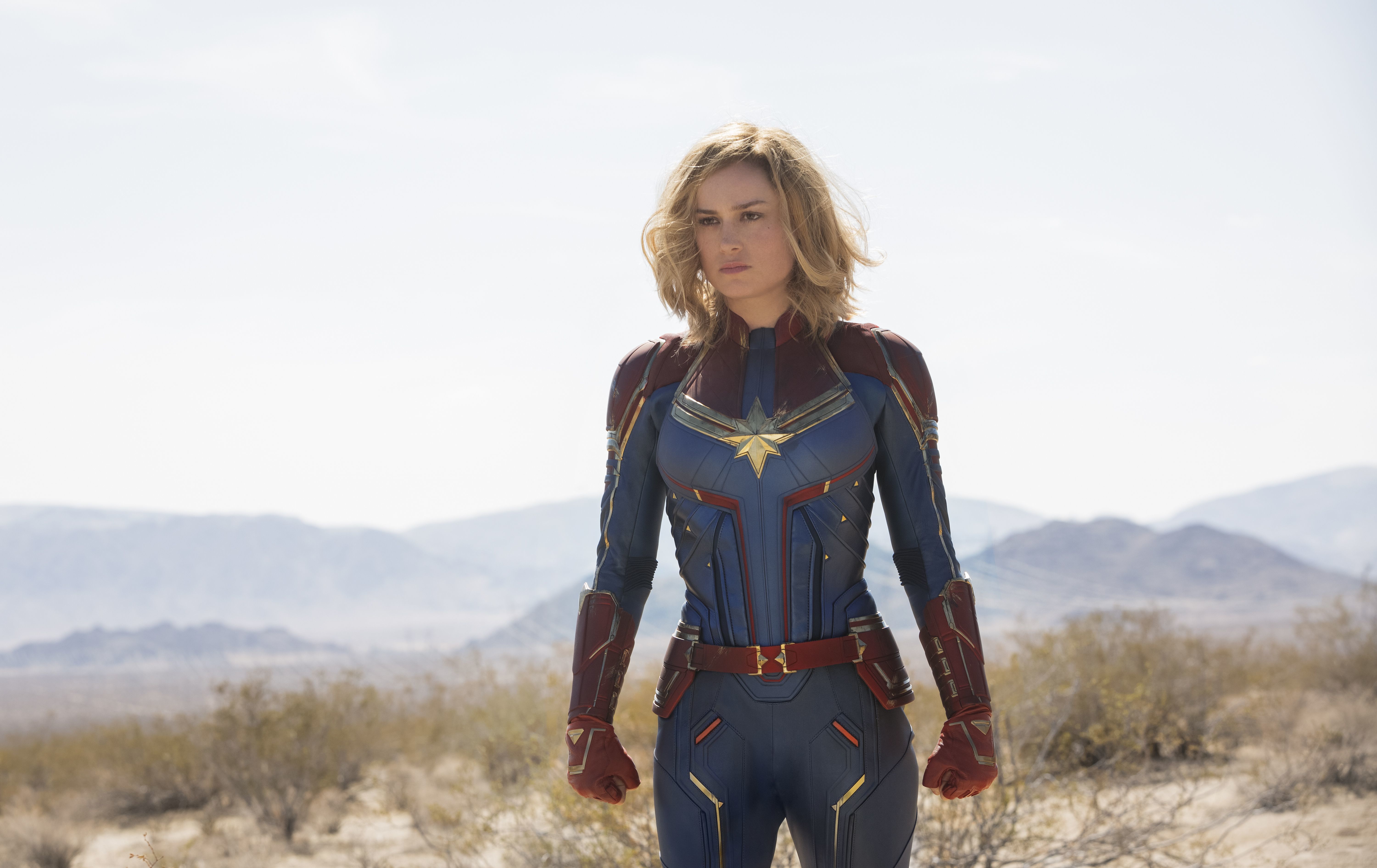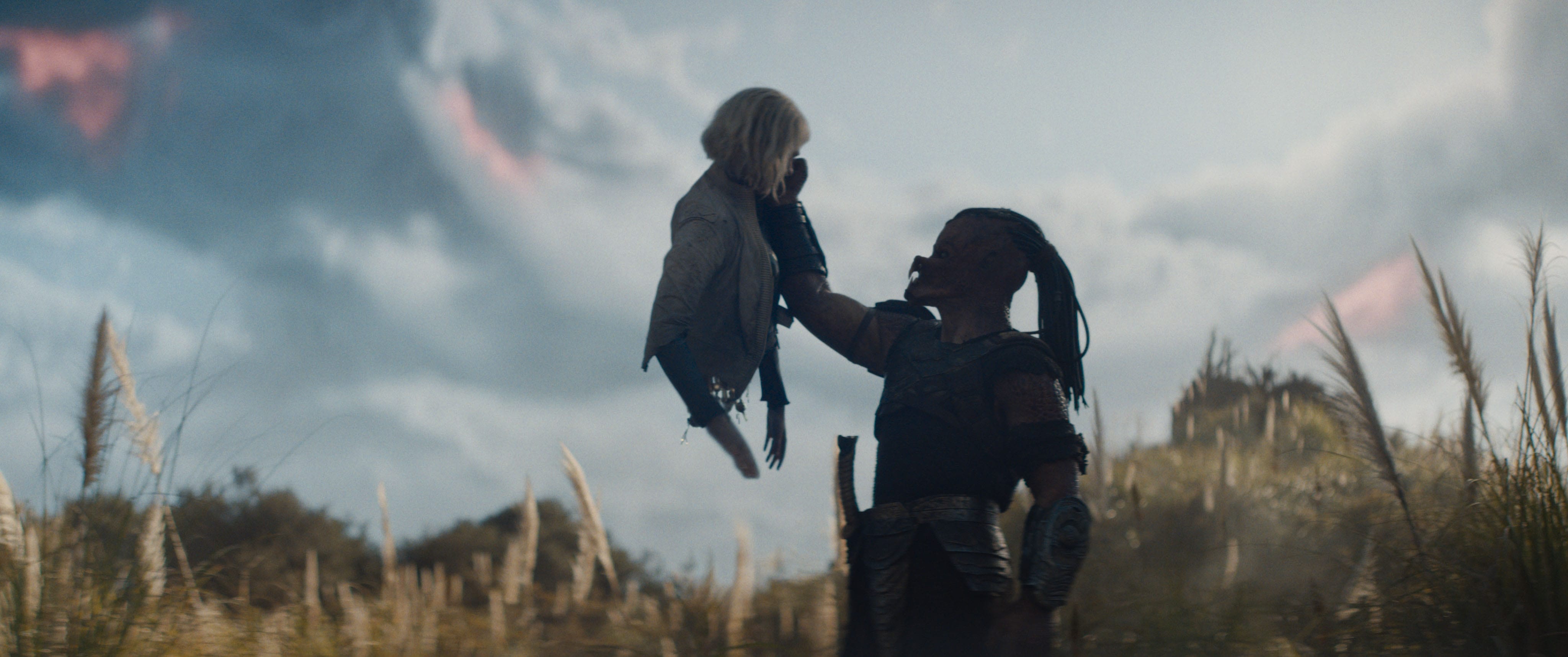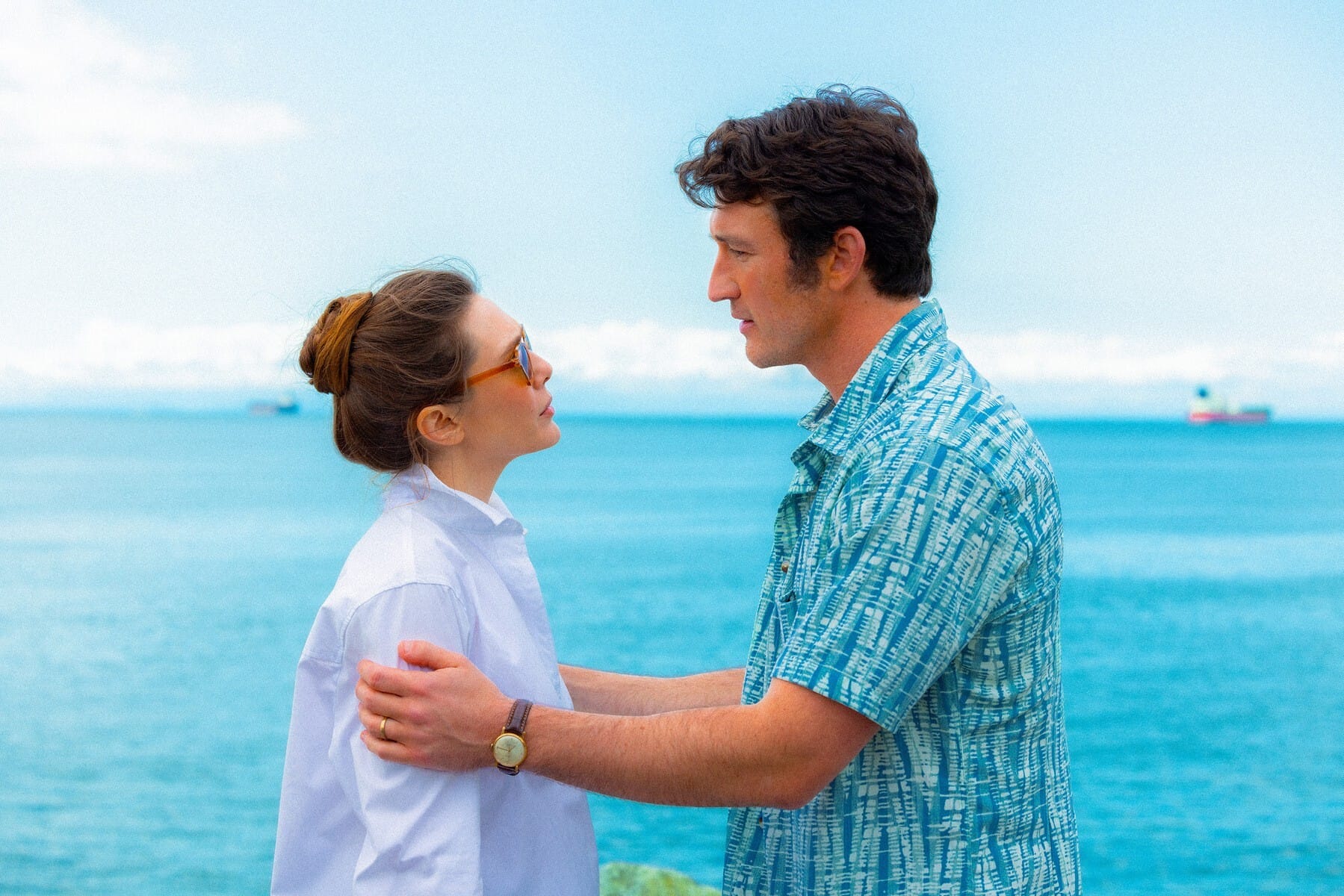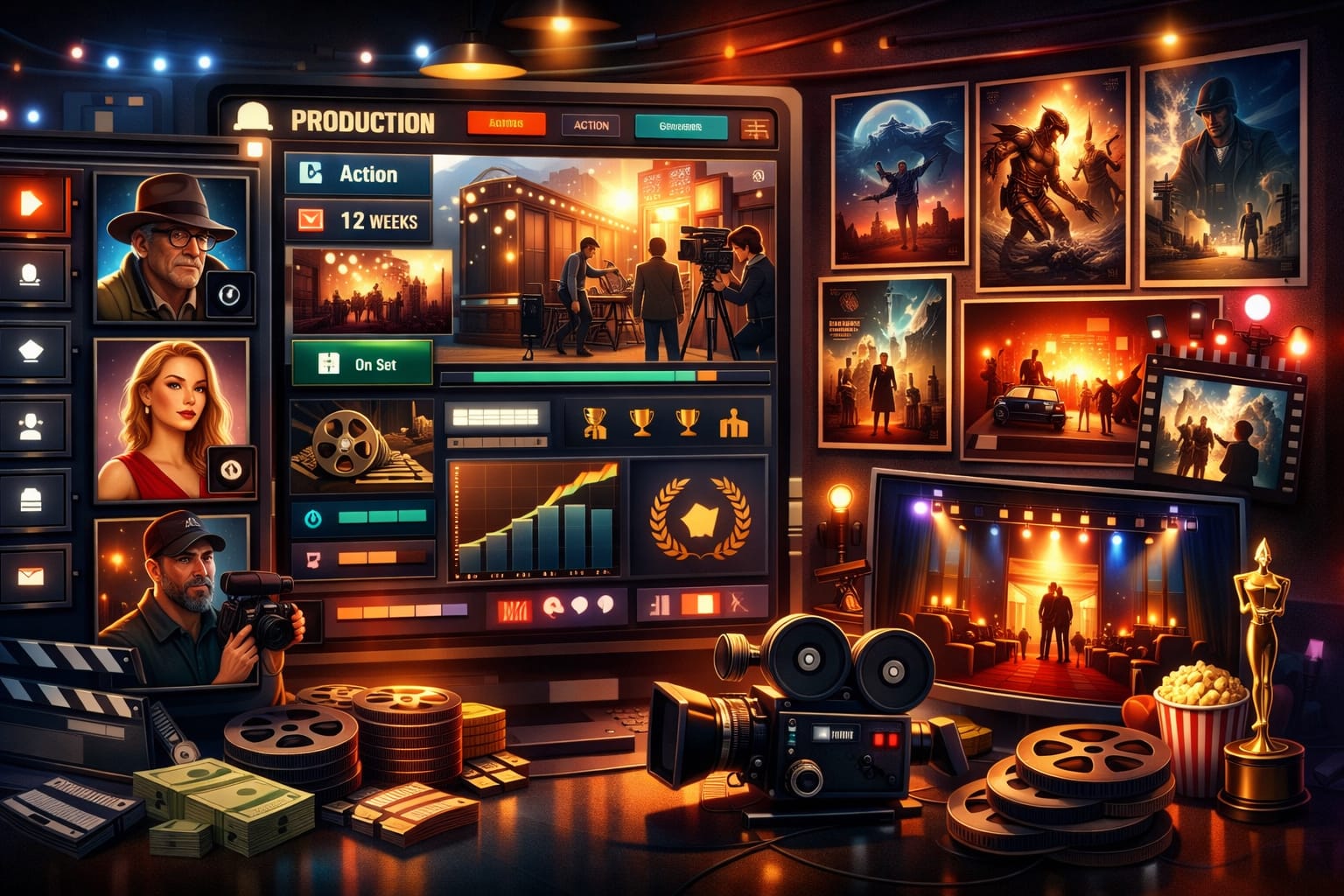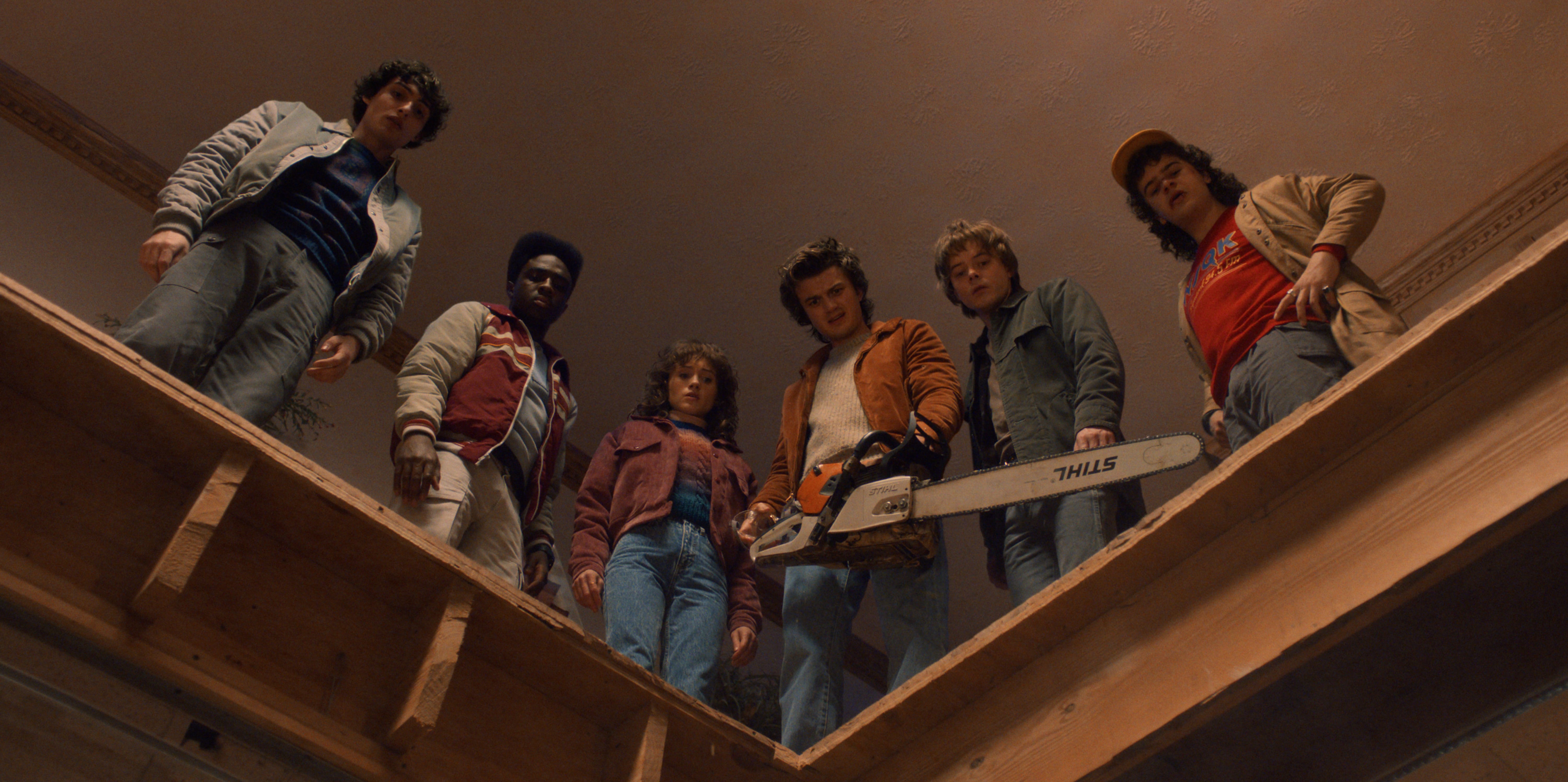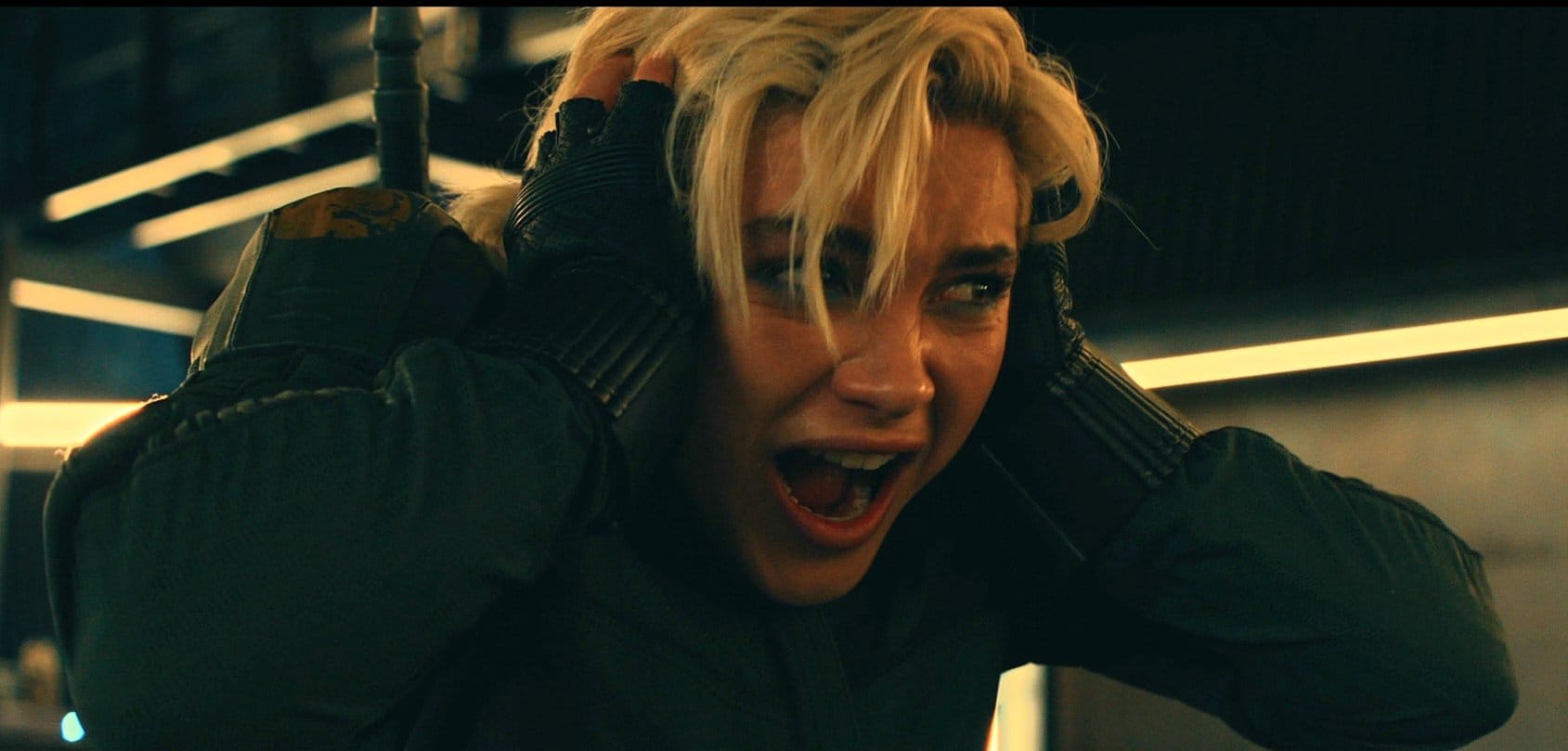
Thunderbolts* Review: Marvel’s Phase Five Finale Falls Flat
When Thunderbolts*, directed by Jake Schreier and produced under the watchful eye of Kevin Feige, stormed into theaters on May 2, 2025, it promised to assemble Marvel’s rogue gallery into a morally gray anti-hero team—and close out Phase Five of the Marvel Cinematic Universe in explosive fashion. Instead, the film emerges as a bloated, self-serious slog that never quite lives up to its $180 million production budget, grossing a disappointing $382.1 million worldwide against a $425 million break-even mark. Here’s why Thunderbolts* feels less like a grand finale and more like a misfired firework.
A Clumsy Narrative That Undermines Its Own Stakes
The screenplay by Eric Pearson attempts to juggle a half-dozen character arcs—Yelena Belova’s (Florence Pugh) grief over Natasha Romanoff, Bucky Barnes’ (Sebastian Stan) lingering guilt from Winter Soldier days, and John Walker’s (Wyatt Russell) search for redemption—while shoehorning in the cosmic threat of Sentry’s dark alter ego, the Void. Unfortunately, this narrative accordion stretches so thin that every tense buildup collapses under its own weight.
The climactic sequence, in which the Void engulfs Manhattan in inky blackness and seemingly wipes out half the city, is a masterclass in squandered dramatic potential. One moment you’re watching civilians consumed by shadow; the next, Sentry snaps his fingers and reverses the carnage with zero memory fallout. It’s as though the screenwriters decided mid-scene that real consequences would simply be too inconvenient. You’ve just sat through a 2-hour-7-minute marathon only to realize that nothing you saw can genuinely hurt its characters—or you.
Character Dynamics: Potential Unfulfilled
On paper, the Thunderbolts* roster—Florence Pugh (Yelena), David Harbour (Red Guardian), Sebastian Stan (Bucky), Olga Kurylenko (Taskmaster), Hannah John-Kamen (Ghost), Julia Louis-Dreyfus (Valentina Allegra de Fontaine), and Wyatt Russell (US Agent)—reads like a dream team of flawed heroes. In execution, most of these arcs amount to little more than bullet-point therapy sessions.
Yelena Belova shows genuine pathos when she confronts Taskmaster about “what we’re really capable of,” but that scene dissolves into expository dialogue about “processing trauma” rather than letting Pugh’s star power shine through genuine conflict.
Red Guardian’s brawl initially crackles with David Harbour’s trademark gravelly humor, but it abruptly shifts to endless group discussions that feel as if someone at Marvel HQ insisted on “more feelings.”
Taskmaster and Ghost exchange witty banter worthy of Guardians of the Galaxy, yet these sparks fizzle out in the swamp of therapeutic platitudes.
You can’t help but compare this to The Suicide Squad (2021), where James Gunn balanced irreverent humor, heartfelt moments, and grotesque violence much better to create real investment in his anti-heroes (but his movie is way too overrated as well). In Thunderbolts*, that delicate balance is nowhere to be found.
A Visual Palette Stuck in Neutral
Cinematographer Matthew J. Lloyd deploys a color scheme that aims for grit—muted blues, steel grays, and the occasional flicker of neon—but it mostly evokes the antiseptic feel of a video-game cut scene. The action sequences, whether in the rain-soaked streets of Manhattan or the abandoned Soviet bunker, are captured with handheld cameras that give a faux-documentary edge. But instead of grounding us, this choice often leaves you disoriented, particularly during the Void’s descent.
The Void itself looks like a budgetary black hole—gigantic, sure, but devoid of texture or menace beyond CGI void-smoke. By the time it starts swallowing skyscrapers, you’re already thinking about your popcorn refill, not the fate of the city.
Soundscapes and Score: A Missed Opportunity
Composer Michael Giacchino’s name doesn’t appear here—perhaps a blessing and a curse—while the actual score by Alex Somers leans heavily on droning percussion and synthetic strings that rarely reach a memorable melody. The Void’s approach is announced by a too-on-the-nose bass drop, more akin to a horror-video game cue than an apocalyptic Marvel threat.
Sound designer Frank E. Eulner does his best to sell the Sentry’s power-fluctuations with rumbling bass and crackling energy fields, but the mix often buries dialogue under booming effects. When a character actually lands a line like “We can’t just fix everything with a snap,” you strain to hear it over the sonic barrage. In contrast, films like Spider-Man: No Way Home used sound judiciously, letting quiet moments breathe before unleashing a thunderclap. Here, everything sounds like a thunderclap.
Themes, Messages, and the “Woke” Debate
Valentina Allegra de Fontaine (Julia Louis-Dreyfus) promises a story about accountability and second chances, but the film’s relentless focus on “healing trauma” and “embracing diversity” feels less like organic thematic exploration and more like a checklist. Audiences have derided this as forced “woke” posturing—even as Disney insists it’s “100 percent woke-free.” You end up wondering if the characters genuinely believe in these themes or if they were written on sticky notes and pasted onto the script.
Compare this to Black Panther: Wakanda Forever, which wove its grief-narrative around real-world loss and political nuance. Thunderbolts treats its own emotional stakes as optional DLC you can skip without missing anything crucial. It’s the difference between a film that earns its themes and one that simply announces them from every rooftop.
Genre Context and Comparison
As a superhero ensemble film, Thunderbolts occupies the same sandbox as The Avengers (2012) and DC’s Justice League (2017). Yet unlike Avengers: Endgame, which built 11 years of character arcs into a triumphant crescendo, Thunderbolts feels like someone hit fast-forward in the montage of unresolved subplots. If Guardians of the Galaxy taught us that even cosmic capers can shine with heart and humor, Thunderbolts misses that memo entirely.
Even within its own universe, it pales next to Captain America: Civil War, which expertly balanced political allegory, interpersonal conflict, and blockbuster spectacle. Here, the only “civil war” is between your patience and the screen time spent on endless counseling circles.
Performances: Glimpses of Brilliance in a Sea of Mediocrity
Florence Pugh gives you every ounce of conviction she can muster, transforming Yelena’s fury into something you almost care about—until the film undercuts her with a contrived reconciliation scene.
David Harbour’s Red Guardian has the rough edges of an aging Soviet super-soldier, and when he’s allowed to crack a joke, he almost rescues the film’s humor.
Sebastian Stan, as Bucky Barnes, does his best to channel the haunted gravitas he showed in The Falcon and the Winter Soldier, but the script reduces him to a therapist’s echo chamber.
Julia Louis-Dreyfus cuts through the clutter as the ever-scheming Valentina, reminding you that Marvel villains can still outshine their heroes—if only she’d had more screen time.
These actors deserve better material. Instead, they’re stuck reciting lines like “We’re more than our mistakes” as if every MCU movie must now come with a free self-help workbook.
Jake Schreier’s Directorial Footprint
From Paper Towns (2015) to Thunderbolts*, Jake Schreier has shown a flair for intimate character stories. Here, that intimacy becomes regressive therapy. Schreier peppers in a few neat visual flourishes—Yelena’s flashbacks rendered in stop-motion, a slo-mo showdown in a derelict power plant—but these moments are too sparse to counterbalance the plodding dialogue.
You sense Schreier trying to steer a runaway train of corporate mandates: “Add more diversity. Add more therapy. Add more explosions.” The result feels like a film without a true north—directed not toward a story but toward a series of checklist items.
Final Verdict: Two Thumbs… If You’re Giving Out Thumbs for Effort
By the time the credits roll—against a backdrop of recyclable rock anthems and more group-hug imagery—you wonder if Marvel’s creative well has finally run dry. Thunderbolts* isn’t a disaster; it’s just dull. It lacks the joy of discovery in Thor: Ragnarok, the emotional stakes of Endgame, or even the goofy charm of Guardians of the Galaxy Vol. 3. Instead, it presents itself as a popcorn blockbuster with nothing worth digesting.
If you’re a die-hard MCU completist, you might sit through it to close out Phase Five. But if you came for real risks, genuine laughs, or a finale that resonates, you’ll leave feeling as empty as a city swallowed by the Void—until the plot says it isn’t.
Final Score: Two Thumbs Straight Down
Thunderbolts* may have aimed to unite Marvel’s underdogs, but it never gives you a reason to root for them—except, perhaps, that they’ll finally put you to sleep.

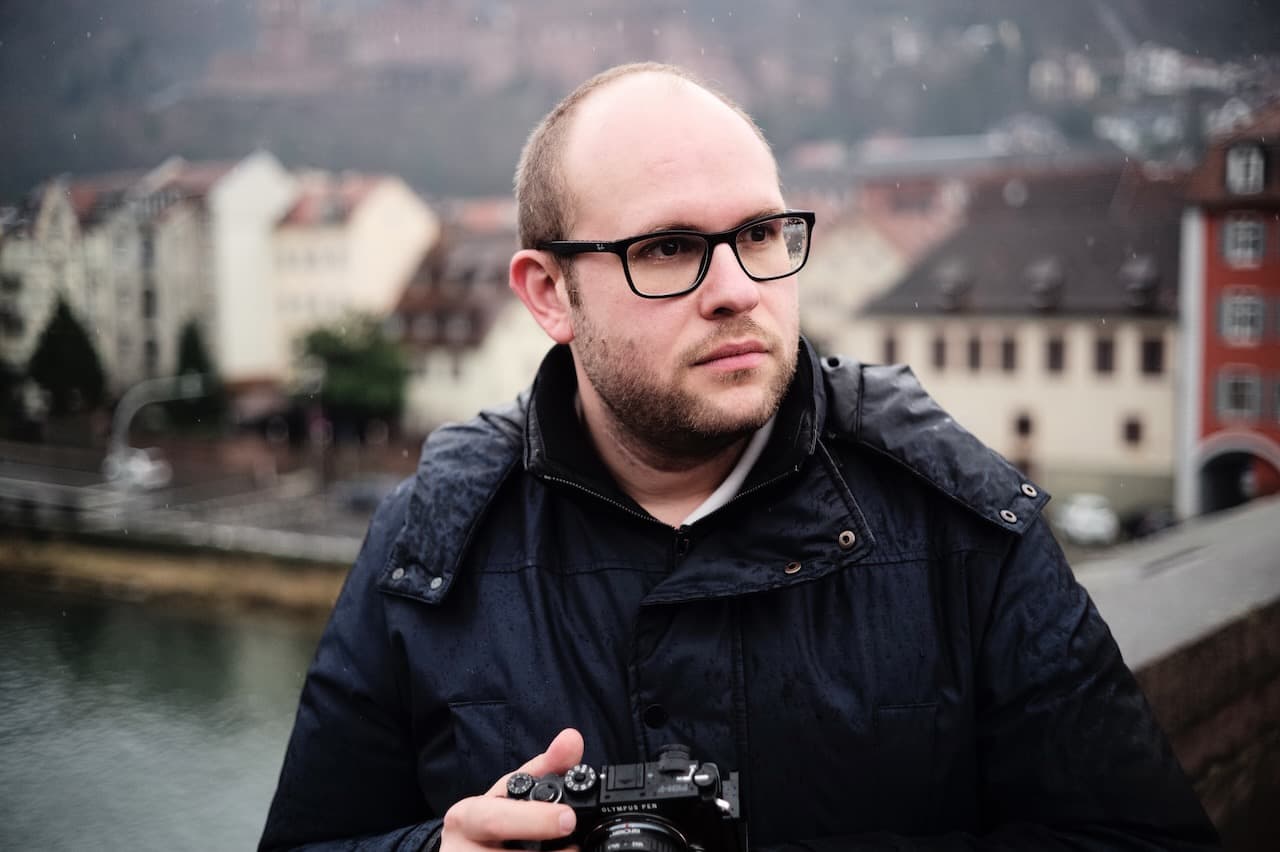 By Jakob Montrasio
By Jakob Montrasio 